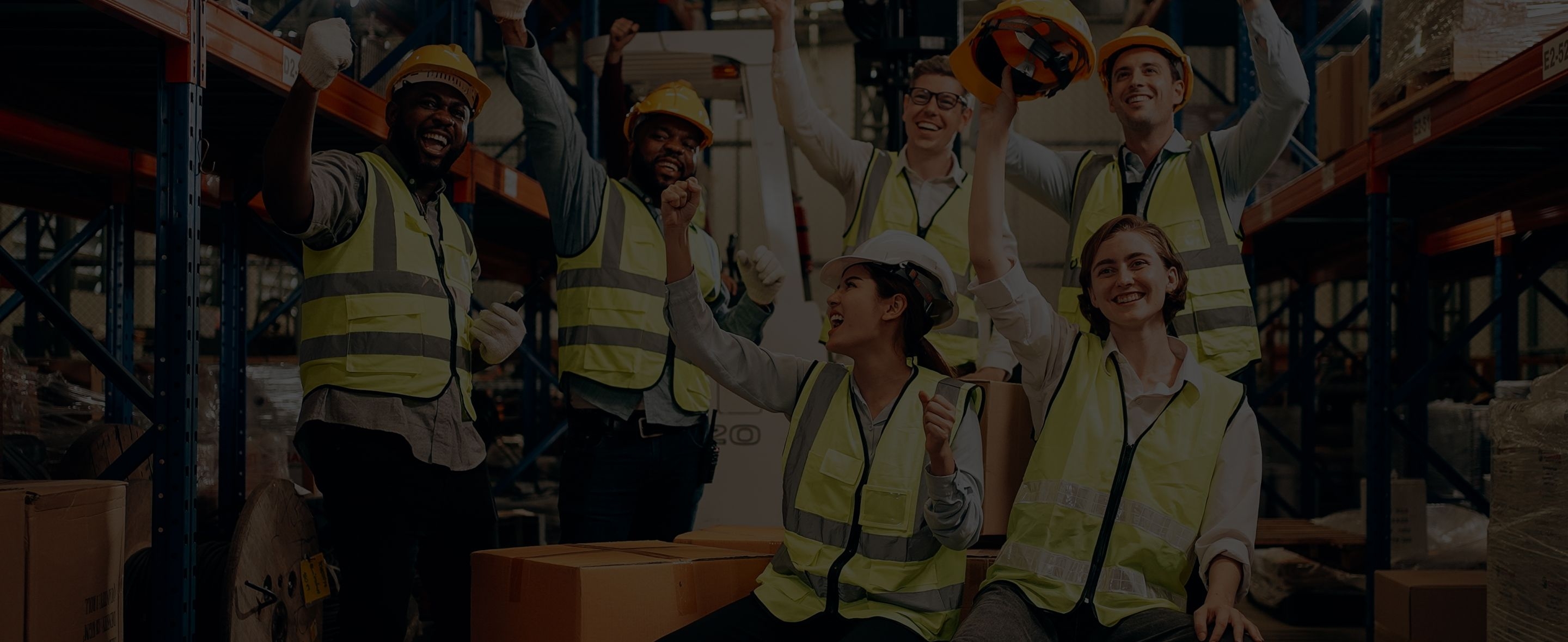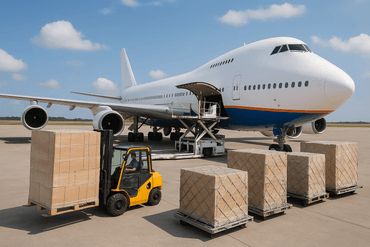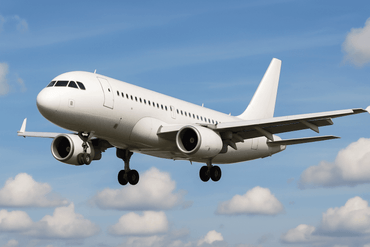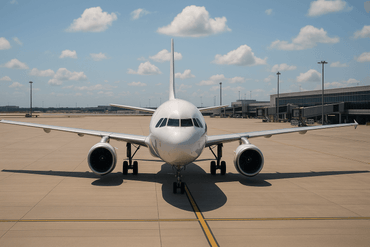
Who is who in ocean freight?



Who is who in ocean freight?
Within the ocean freight industry there are a lot of moving parts. So, it goes without saying that planning a shipment can involve a number of people. Trusting your cargo in the hands of others can be stressful. So it is always best to have experienced personnel on your side. It is often easy to confuse roles and responsibilities during the process but it is important to know who is who in ocean freight. Knowing the difference between various roles can prevent possible obstacles while planning an LCL or FCL shipment.
Shipper/Exporter
The shipper or exporter is the most important role. Without them, there is no shipment. The shipper is expected to package all of the goods being sent, filling out and verifying all of the documentation, obtaining proper permits, and verifying all customs requirements for both the port of origin and destination.
Consignee
The consignee or receiver of the shipment is often recognized as the owner of the goods. As the consignee on the Bill of Lading, you are required to be present to receive the shipment unless noted otherwise.
Notify Party
When the shipment arrives at the port of destination, the notify party is the direct point of contact. This is often only required if it’s different from the consignee. Also, if the owner of the goods is not listed as the shipper or consignee, they can be listed as the notify party as well. This way, the owner of the goods is the first to know if the shipment has arrived safely.
Freight Forwarder
Putting all of the moving parts together can be difficult for the shipper. That is where a freight forwarder like iContainers comes in. **Scheduling, preparing required documents, and negotiating the price are handled by the freight forwarder. **Once a shipment is verified, the forwarder will then provide agent information, schedule the shipment with the carrier, and coordinate the pick-up for the goods being sent.
Agent
Agents are the liaison between the port of destination and the shipper. Typically, when working with a freight forwarder, an agent is assigned to ensure the shipment goes as smoothly as possible. There are a number of responsibilities that come with being a shipping agent, but the most important duty is customs clearance.
Customs
Customs can make or break the entire shipment. As an active department of the United States government, they thoroughly inspect all goods being imported and exported. Providing incomplete or incorrect documentation is, just one, easy obstacle to avoid. If customs find a reason to inspect the shipment, be it documentation or discrepancies with the actual container, it can cause holds, exams, and additional fees.
Carrier
The carrier is the actual shipping line transporting the shipment. Once the goods are loaded into the container, it is sealed and transported to the vessel. Upon arriving to the vessel, the container is weighed and placed on board to begin its journey.
Do you know who is who in ocean freight? Take this quiz and find out! https://t.co/MoBgvPhvUZ pic.twitter.com/myTF4zDCu1
— iContainers (@icontainers) December 8, 2016
Related Articles


